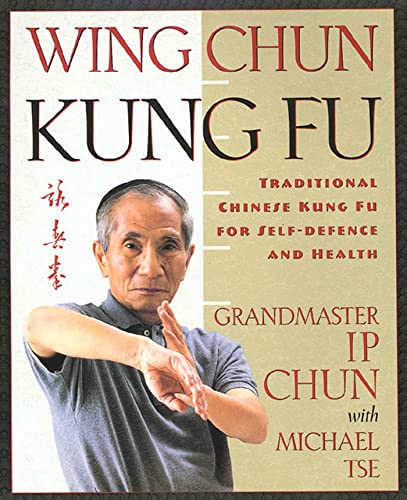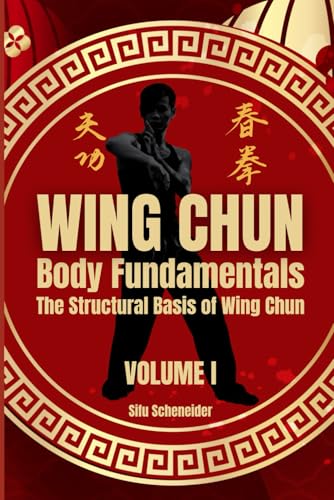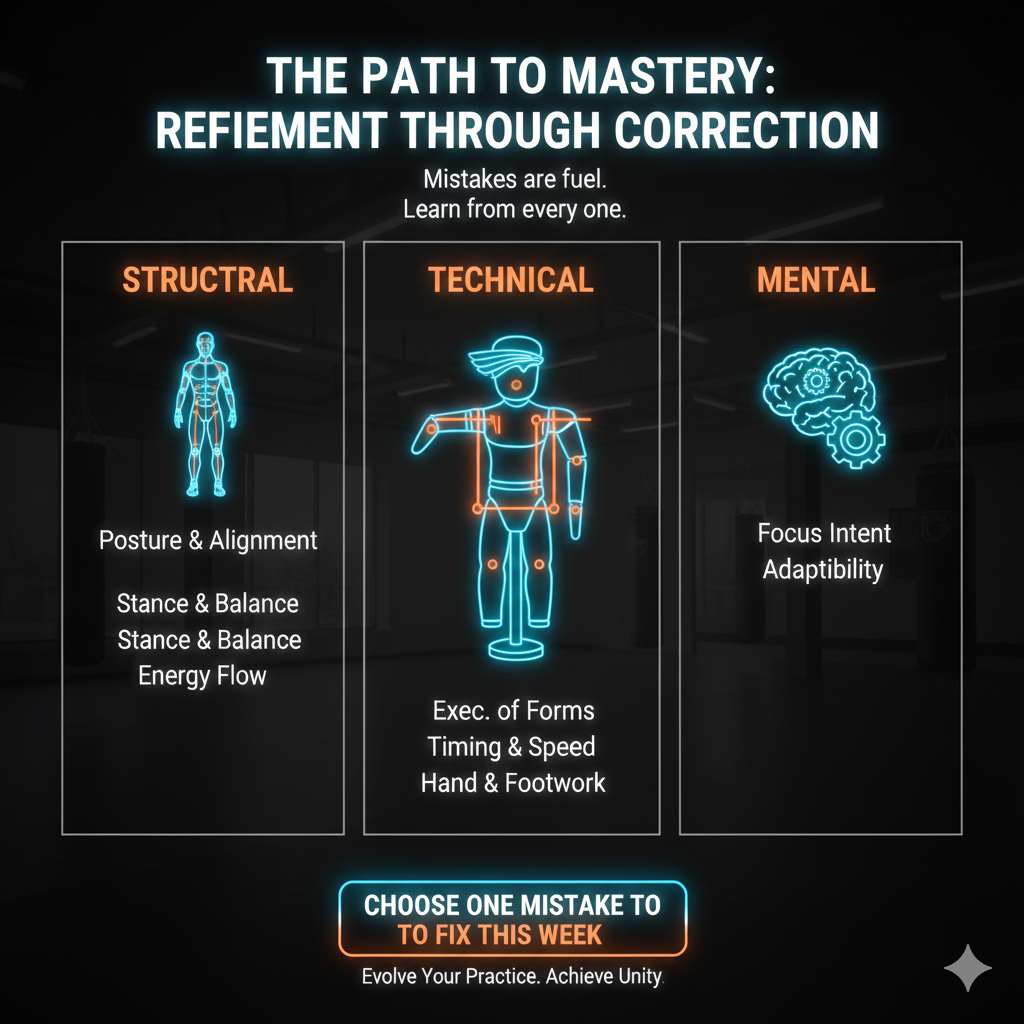Wing Chun, a traditional Chinese martial art, is no stranger to controversy and criticism.
Despite its rich history and dedicated following, it has gained a somewhat negative reputation in recent years.
In this article, we will explore the reasons behind Wing Chun’s bad reputation and delve into the misconceptions surrounding this martial art.
The Influence of Pop Culture
One of the primary factors contributing to Wing Chun’s bad reputation is its portrayal in popular media.
Movies and television shows often depict Wing Chun practitioners as invincible fighters, capable of defeating multiple opponents effortlessly.
These exaggerated portrayals create unrealistic expectations and contribute to the misconception that Wing Chun is solely focused on combat and aggression.
Limited Exposure to Real-World Applications
Another reason for Wing Chun’s bad reputation is the limited exposure to its real-world applications.
Many practitioners focus solely on training in controlled environments, such as martial arts studios, where they practice choreographed techniques.
This lack of exposure to real-world scenarios can lead to a perception that Wing Chun is impractical in actual self-defense situations.
Controversies within the Wing Chun Community
Like any martial art, Wing Chun has its fair share of controversies within its community.
These controversies can range from disagreements over training methods to disputes regarding lineage and authenticity.
Such internal conflicts often spill over into public forums and social media platforms, further tarnishing the reputation of Wing Chun.
Misunderstanding of Wing Chun Principles
Wing Chun is based on a set of principles that emphasize efficiency, economy of motion, and simultaneous attack and defense.
However, these principles are often misunderstood or misinterpreted by both practitioners and outsiders.

This misunderstanding can lead to a perception that Wing Chun is a rigid and limited martial art, lacking the versatility of other styles.
Unrealistic Expectations
Many people approach Wing Chun with unrealistic expectations, expecting to become proficient fighters in a short period.
Wing Chun, like any martial art, requires dedication, discipline, and years of training to master.
When individuals fail to meet their lofty expectations quickly, they may become disillusioned and contribute to the negative reputation of Wing Chun.
Resistance to Evolution
Some critics argue that Wing Chun’s bad reputation stems from its resistance to evolve and adapt to modern combat techniques.
While Wing Chun has a strong foundation in traditional techniques, some believe that it has failed to incorporate effective strategies from other martial arts.
This resistance to change can create a perception that Wing Chun is outdated and ineffective.
Conclusion of Wing Chun Bad Reputation
It’s result of various factors, including its portrayal in pop culture, limited exposure to real-world applications, controversies within the Wing Chun community, misunderstandings of its principles, unrealistic expectations, and resistance to evolution.
It is essential to approach any martial art with an open mind and recognize that reputation alone does not define its true value.
By understanding the complexities and nuances of Wing Chun, we can appreciate its rich history and the benefits it offers to its dedicated practitioners.







